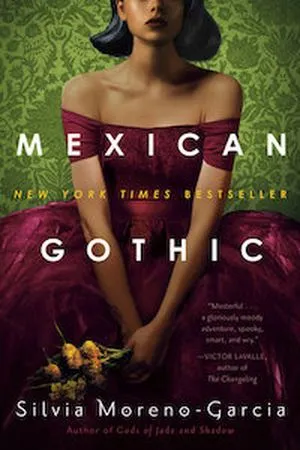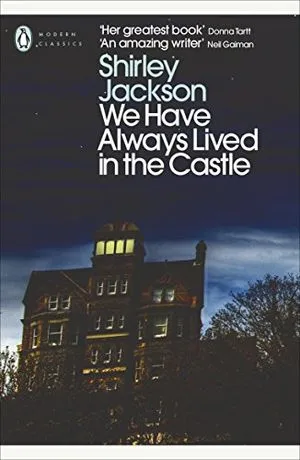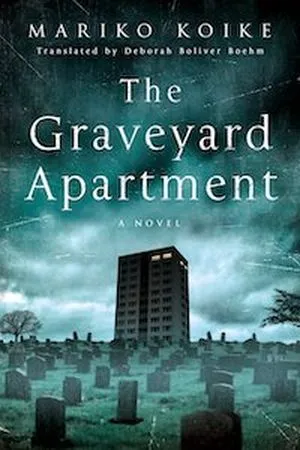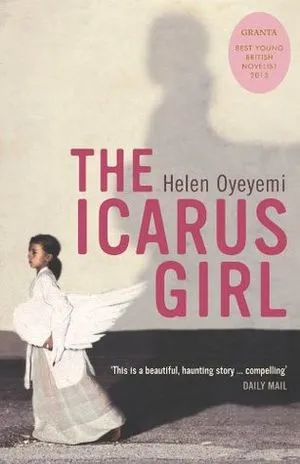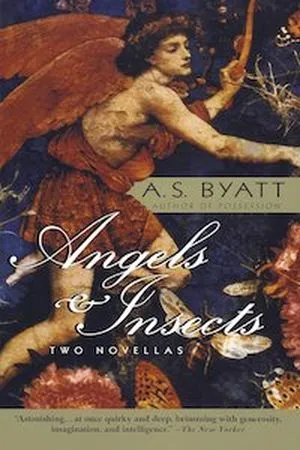10 Books to Read After You’ve Finished REBECCA
Since Rebecca hit Netflix last week, many people find themselves revisiting the iconic book. But there’s always the last page, and once you’ve finished there, where do you turn? Well, do I have a list for you.
Some of these titles are classics, most are new, and each have that spine tingling feeling you get when reading Rebecca. So here we are, folks: what to read after reading Rebecca.
Mexican Gothic by Silvia Moreno-Garcia
This is everything we want from a gothic novel. If Ann Radcliffe were still alive, she would adore this book. It’s a perfect turnaround of the often xenophobic tropes of the gothic. The villains are a white, colonialist family, and it’s chef’s kiss good.
Our main character, Noemi, is a young socialite who’s sent to investigate the strange letters her father has been receiving from her cousin. Her cousin, who was recently married off, is experiencing an odd illness, and the family she married into might be poisoning her.
Moreno-Garcia has a gift. I actually finished this book in one sitting; I could not put it down.
We Have Always Lived in the Castle by Shirley Jackson
Merricat and her older sister live in a manor with their elderly uncle, totally shunned by their neighbors in town. Merricat is perfectly happy to live in this isolation, and her sister seems content as well, until an intriguing young man named Charles visits the manor house.
Slowly but surely, Shirley teases out the family’s mysterious past, and also what their newest visitor’s true intentions are.
This is a wonderful text that turns the traditional gothic novel inside out, and then flips it upside down for good measure. The house is both a space of immense trauma, but also safety. Rather than dragging the characters off to dangerous locations, Charles merely disrupts their lives slightly. Truly a great read.
The Graveyard Apartment by Mariko Koike
A classic gothic novel translated from Japanese in 2016. A perfect addition to any spooky bookshelf.
A young couple and their child move into a new apartment that happens to be built right next to a graveyard. Mysterious and terrifying things begin to happen, and the neighbors start to move out until the family is left all alone. The longer you stay in the apartment building, the more trapped you become.
The Gilda Stories by Jewelle Gomez
Taking place in late 19th century Louisiana, our main character, Gilda, escapes slavery and finds freedom by working in a brothel. In the brothel, she meets two lesbian vampires, and they initiate her into eternal life. Years later, she is still searching for a true home for herself.
This is a personal favorite of mine, and I think it’s one of the most spectacular books ever written. But don’t take my word for it: the author, Jewelle Gomez, won two Lambda Awards for this book.
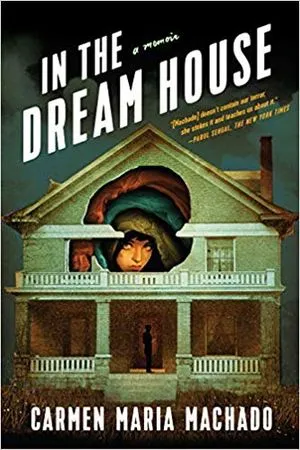
In the Dream House by Carmen Maria Machado
This memoir sits on on the border between gothic and nonfiction. The events of the book are true, but Machado tells her tale according to gothic theory.
In The Dream House confronts how queer domestic abuse is talked about in the public sphere, by telling us about Machado’s own abusive relationship. Machado operates on two spheres, one the academic, charting and archiving the history of queer abuse, and two, the survivor, telling us her story in a way so personal and so powerful that it defies being confined to one genre.
This is a hard read, but one that everyone should experience at some point. Machado’s way of writing makes it a wonderfully crafted piece. I also recommend her first book, Her Body and Other Parties, which also fits the gothic vibe.
The Icarus Girl by Helen Oyeyemi
Jessamy, born to an English father and Nigerian mother, finds herself unable to fit in at the British schools. She only makes a friend when she first visits Nigeria: a girl named TillyTilly. But as their visits continue, Jessamy loses her ability to distinguish fantasy from reality.
Oyeyemi draws on Nigerian mythology for this amazing text.
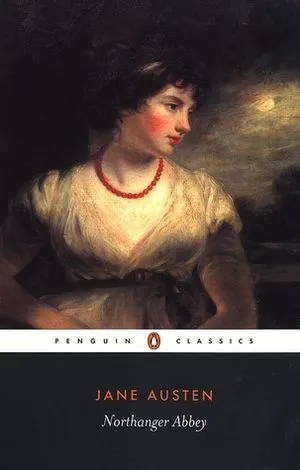
Northanger Abbey by Jane Austen
You may think you know everything there is to know about Jane Austen, but hear me out. Northanger Abbey was Austen’s first work, it was published posthumously, and it is deliciously witty parody of the gothic genre.
Catherine Morland visits the town of Bath and enters into a courtship with the suave Henry Tilney. The two of them bond over their mutual love of gothic novels, citing Radcliffe’s Mysteries of Udolpho as a favorite (in the Wishbone adaption, Henry is played by Wishbone). Unfortunately, Catherine’s wild imagination gets the better of her, and she begins to suspect Henry’s father is secretly a gothic villain.
This book is the most fun I’ve ever had with Austen. Perhaps a palate cleanser in between Rebecca and another text on this list?
Angels & Insects by A.S. Byatt
Two novellas! Two whole novellas, aren’t we lucky readers?
Taking place in victorian England, Byatt interweaves science, magic, and the domestic with brutality. In Morpho Eugenia, a naturalist studying butterflies finds himself caught in the web of his benefactor. In the Conjugal Angel we follow a seance. It’s all very spooky and wonderful.
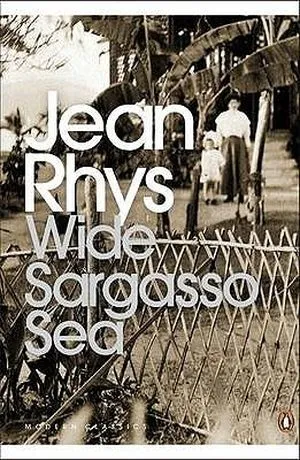
Wide Sargasso Sea by Jean Rhys
This text is in conversation with another gothic classic, Jane Eyre. Did you ever wonder how the “madwoman” ended up trapped in Rochester’s attic? Well, wonder no more.
This novel, set in Jamaica, follows a woman named Antoinette, whose formerly wealthy family has become impoverished due to the Slavery Abolition Act of 1833. Antoinette marries an English gentleman who slowly drives her to madness by taking away her humanity bit by bit.
Within this anti-colonialist and feminist response, Rhys crafts a compelling character in Antionette. I cannot recommend this book enough.

The Bloody Chamber by Angela Carter
The Bloody Chamber is gothic meets fantasy in ten fascinating short stories. The namesake story is a feminist and modern retelling of Bluebeard. I would go further, but I am trying to not give it away.
Most of the stories are about feminist retellings of classics, in which marriage is interrogated and the characters’ husbands are seen as being the ultimate gothic trap.



